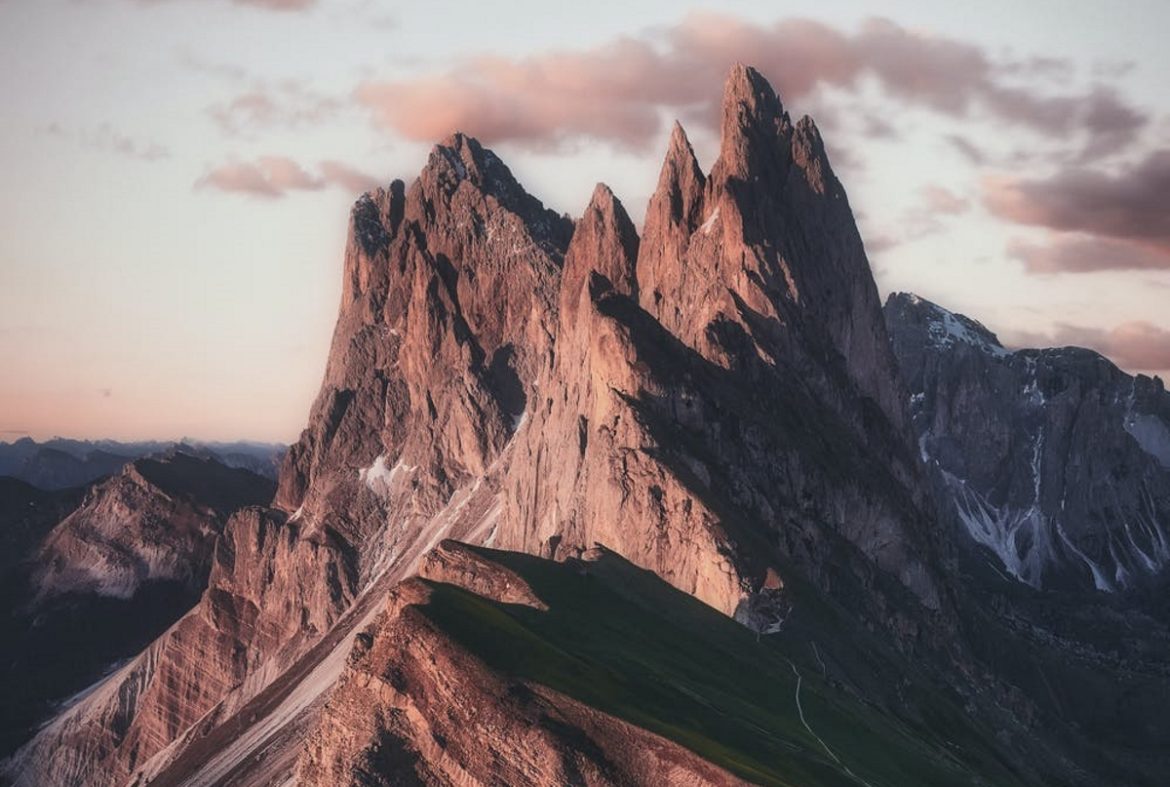In the town at the foot of the mountain, men descended on the ethnic group not like a marauding tribe of raiders and pillagers, nor like a conquering army. They did not even come at night like assassins.
They came openly, as if daylight made them innocent. They came with paperwork, and orders, and steely-faced men with rifles who stood behind them. They came with authority backed by violence.
They dragged into the street, through apologetic words or unapologetic force, all adult men of the ethnic group. These men, distant rulers had decreed, were traitors to the nation.
The men who resisted were beaten by those who dragged them out. All the men were put in chains. Then they were marched away, in long lines like ancient slaver trains, escorted by soldiers with guns instead of guards with whips.
Incessant gunshots could be heard throughout the night, distant echoes from not-so-distant valleys. Children wept. Above the town the mountain stood impassive.
The soldiers returned the next day. The men of the ethnic group were not with them.
The men with the paperwork went to the houses once more. This time they took the women. Some soldiers leered at the women, their faces less steely now the men were gone. We will not speak of the women who were defiant.
The women who were taken from the houses were put in chains, like the men before them. The people of the town who were not members of the ethnic group watched from their windows. Their thoughts were private for no words were spoken. Only the soldiers spoke, and laughed.
The women were marched away. That night there were no gunshots, but the children wept again. The mountain watched in silence.
Neither the soldiers nor the women returned to the town the next day, nor ever again. But the men who had commanded the soldiers went to the houses once more, and this time they took the children.
The children wept still. Some screamed and wailed. They could not put words to their loss and grief. They did not understand, but they feared.
The men put the children of the ethnic group into carts. The carts were filled with crying children who clung to each other. The town had never known so many tears to be shed.
Maybe that is why the ground shook. Maybe that is why the children stopped weeping. Maybe that is why the men with the orders fell still in fear. Maybe that is why the people of the town who were not of the ethnic group looked to the mountain.
For the mountain spoke.

